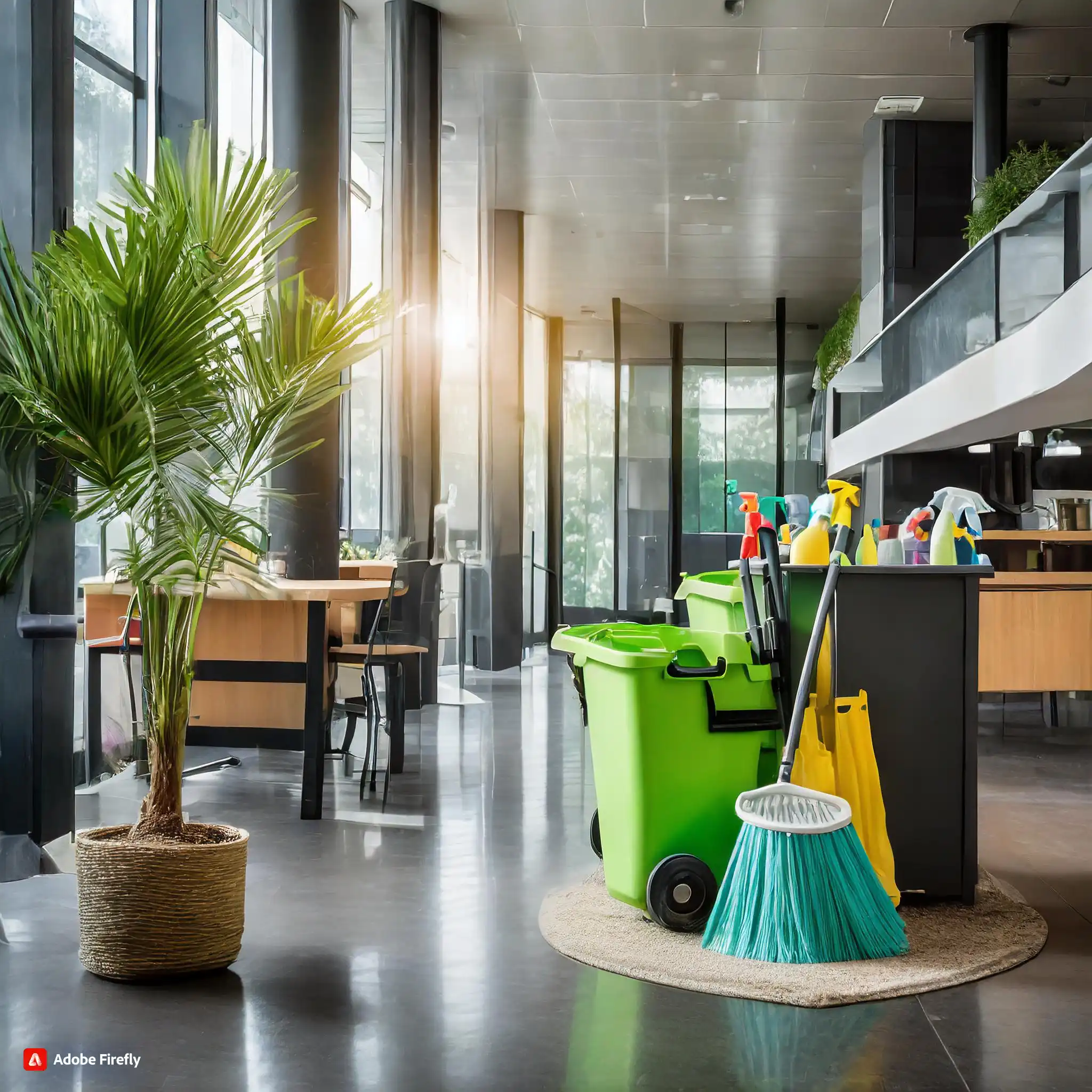Hard Floor Care
Is it OK to Mop Commercial Floors with Bleach?
Understanding the Impact: The Risks of Mopping with Bleach
Mopping commercial floors with bleach is not recommended, and there are several compelling reasons behind this cautionary advice. Delving into the potential risks and repercussions sheds light on why bleach should be avoided in routine floor maintenance.
Floor Finish Deterioration
Bleach, characterized as an oxidizer, poses a significant threat to the integrity of floor finish. When applied to commercial floors, bleach can lead to severe deterioration of the finish, compromising its appearance, durability, and protective properties. The chemical reaction initiated by bleach can break down the components of the floor finish, resulting in a compromised and less effective surface.
Adverse Impact on Surfaces
Beyond affecting floor finish, bleach can have adverse consequences on various surfaces. It is known to cause damage to fabrics, carpets, and clothing, making it a potent corrosive agent. When used in mopping, the contact of bleach with different materials can lead to discoloration, weakening, or degradation, negatively impacting the overall aesthetics and longevity of these materials.
Incompatibility with Floor Materials
Commercial floors are often constructed with diverse materials, ranging from vinyl and tile to various resilient surfaces. Bleach may not be compatible with certain flooring materials, potentially causing discoloration, etching, or other forms of damage. Considering the wide range of materials used in commercial flooring, using bleach as a cleaning agent becomes a risky proposition.
Residual Effects
Even after the mopping process, residual bleach left on the floor can continue to exert its corrosive influence. This lingering impact may persist over time, leading to ongoing damage to the floor finish and underlying surfaces. Additionally, residual bleach poses a risk to individuals who come in contact with the floor, potentially causing skin irritation or other health concerns.
Overall Safety Concerns
The use of bleach introduces safety concerns, especially in commercial settings where foot traffic is prevalent. Accidental spills or inadequate rinsing can create slippery surfaces, increasing the risk of slips and falls. Ensuring the safety of occupants and staff is paramount in commercial spaces, making it imperative to choose cleaning agents that prioritize both effectiveness and safety.
Recommended Alternatives
To maintain the cleanliness of commercial floors without jeopardizing their condition, it is advisable to use floor-compatible cleaning solutions. These solutions should be explicitly formulated for the type of flooring in use, ensuring optimal cleaning efficacy without compromising the integrity of the floor finish or risking damage to surrounding materials.
Conclusion
In conclusion, opting for bleach-free cleaning solutions aligns with the principles of preserving floor aesthetics, longevity, and overall safety in commercial environments. By selecting cleaning agents compatible with specific floor types, facility managers can uphold the visual appeal and functionality of commercial spaces while prioritizing the well-being of occupants.
Frequently Asked Questions
Have a different question and can’t find the answer you’re looking for? Reach out to our support team by sending us an email and we’ll get back to you as soon as we can.
- What is Ceramic Tile?
- Understanding Ceramic Tile Definition and Composition Clay Tile with Glazed Surface Ceramic Tile is a type of tile made from clay featuring a hard glazed surface The glazing process...
- Are Color Stability and UV-Resistance the Same Thing?
- While Color Stability and UV Resistance share similarities they are not entirely synonymous Color Stability refers to the overall ability of a material to resist fading or discoloration over...
- Is it OK to Remove Floor Finish by Dry Stripping Methods?
- Understanding Dry Stripping and its Implications A Cautionary Approach Dry stripping a maintenance technique employed to remove floor finish using a floor machine and specialized pads is a subject...
- What is Grout?
- Additional Details on Grout Composition of Grout Cementitious Nature Clarify that grout is typically composed of a mixture containing cement water and often sand This combination creates a paste...
